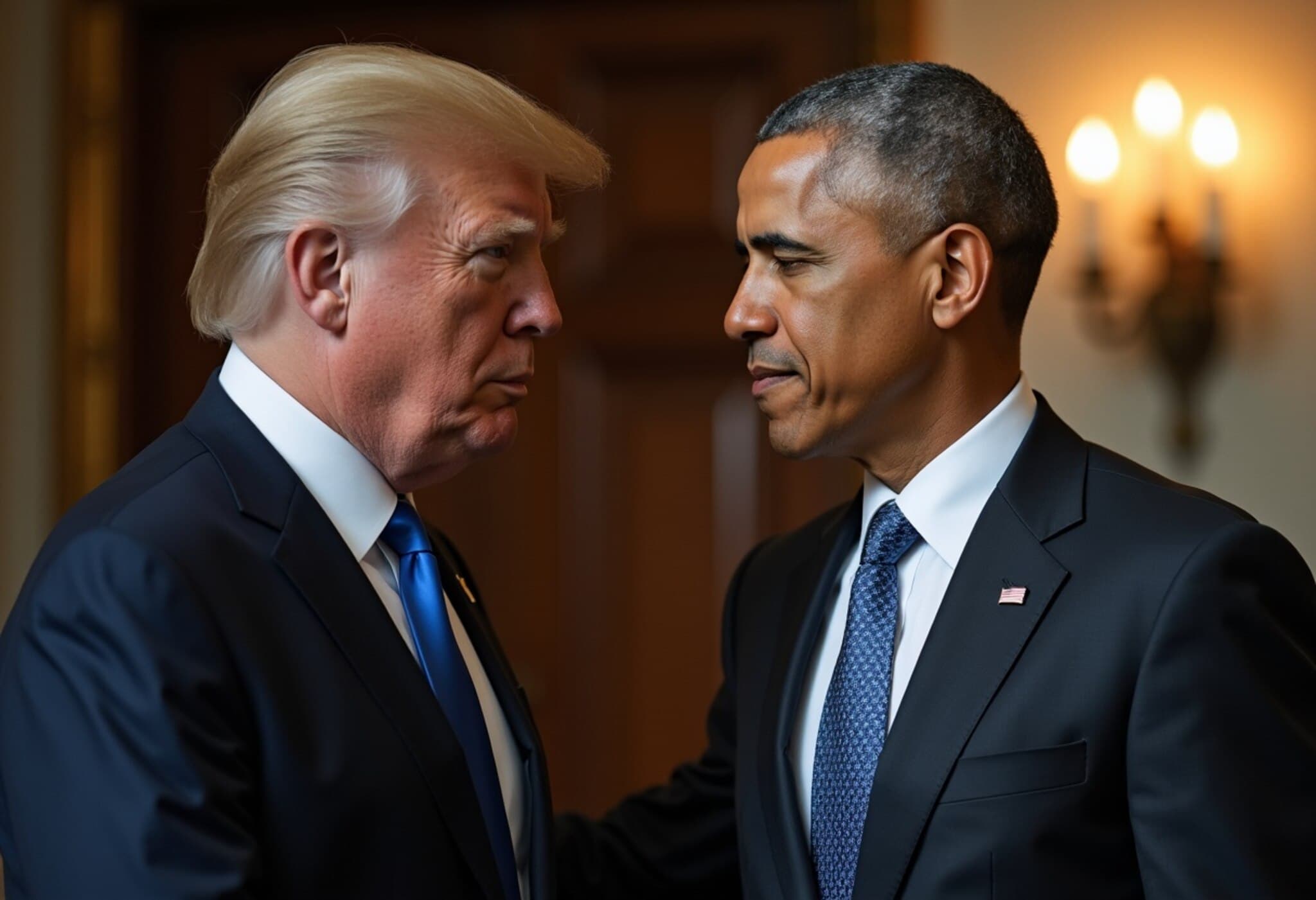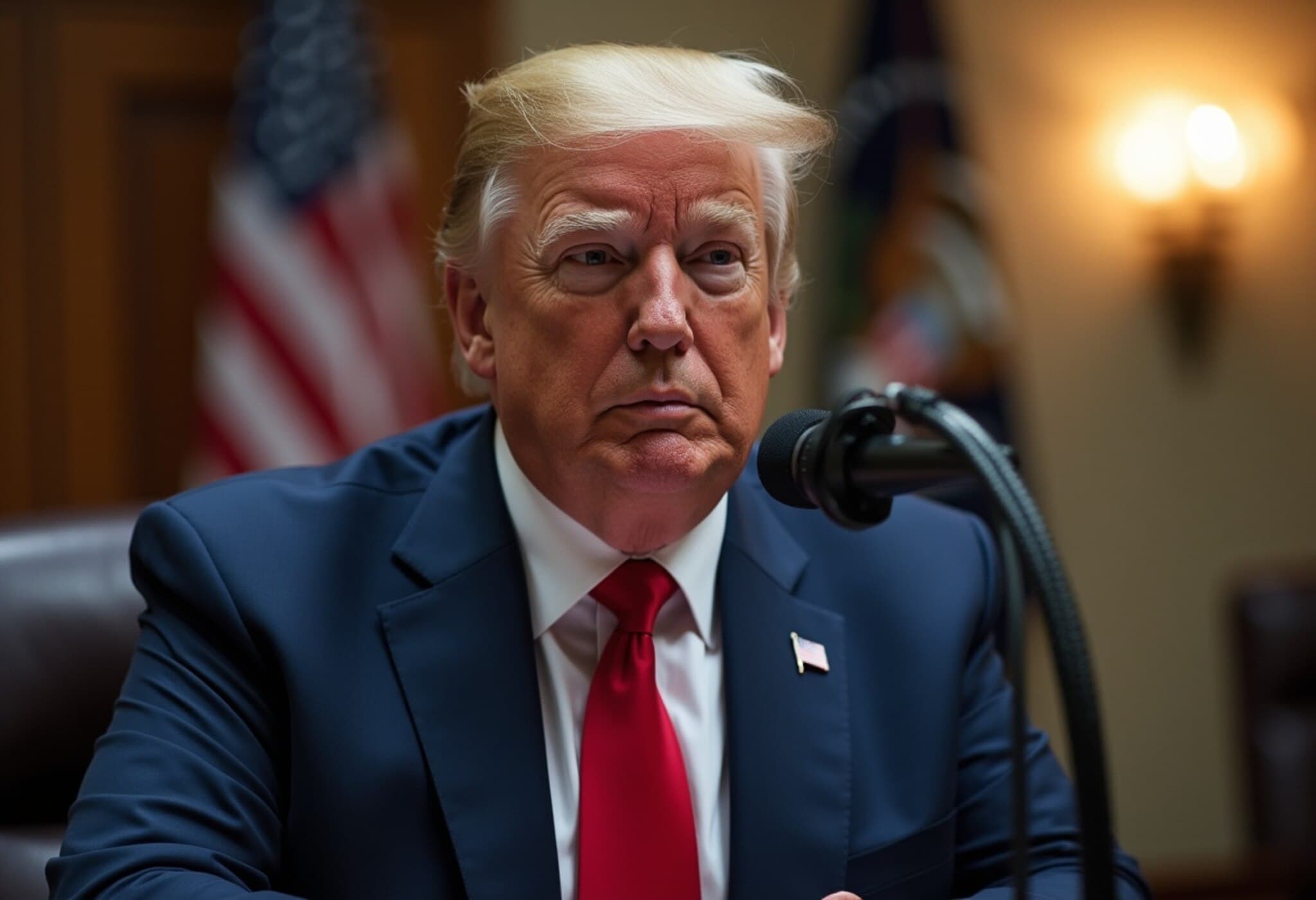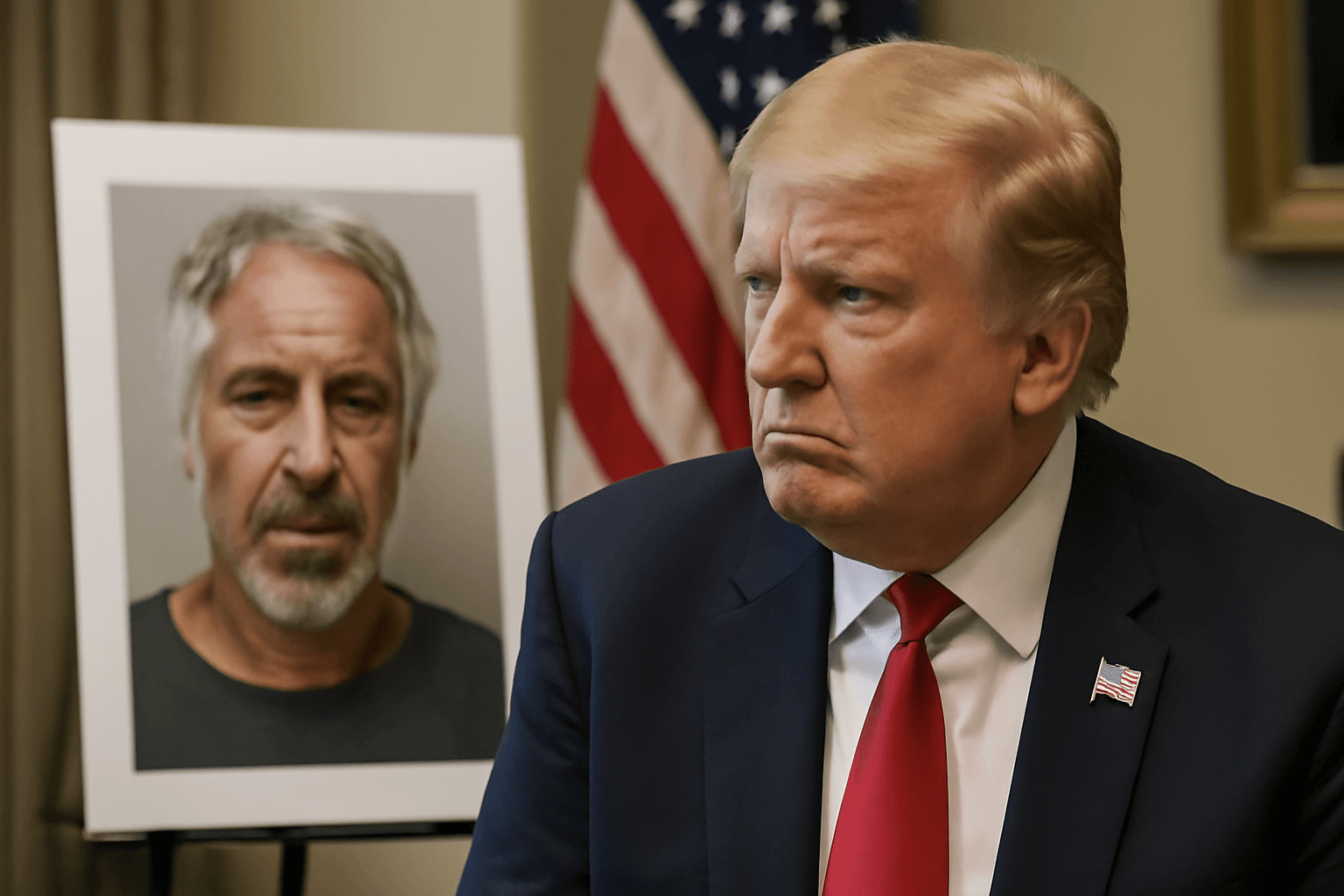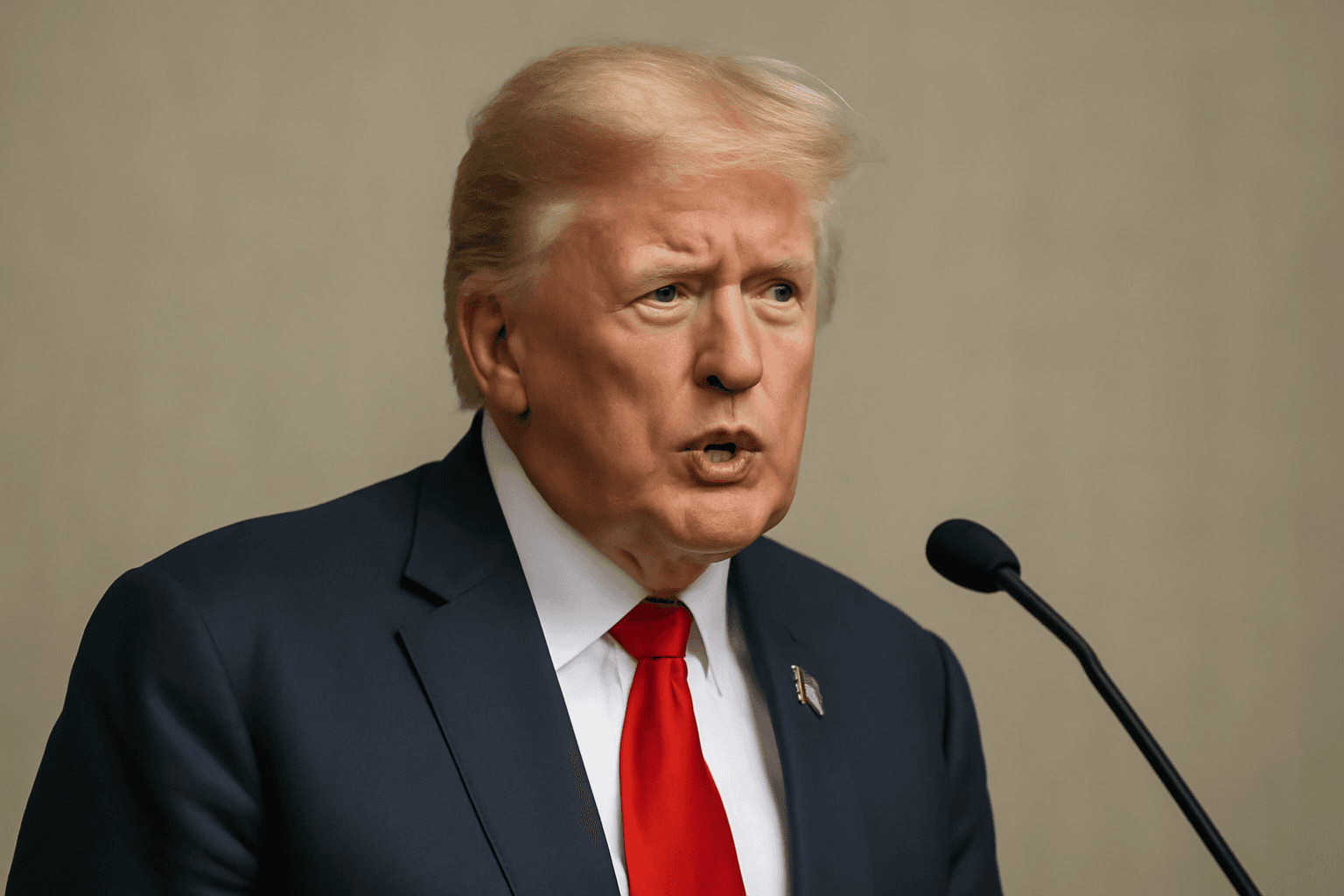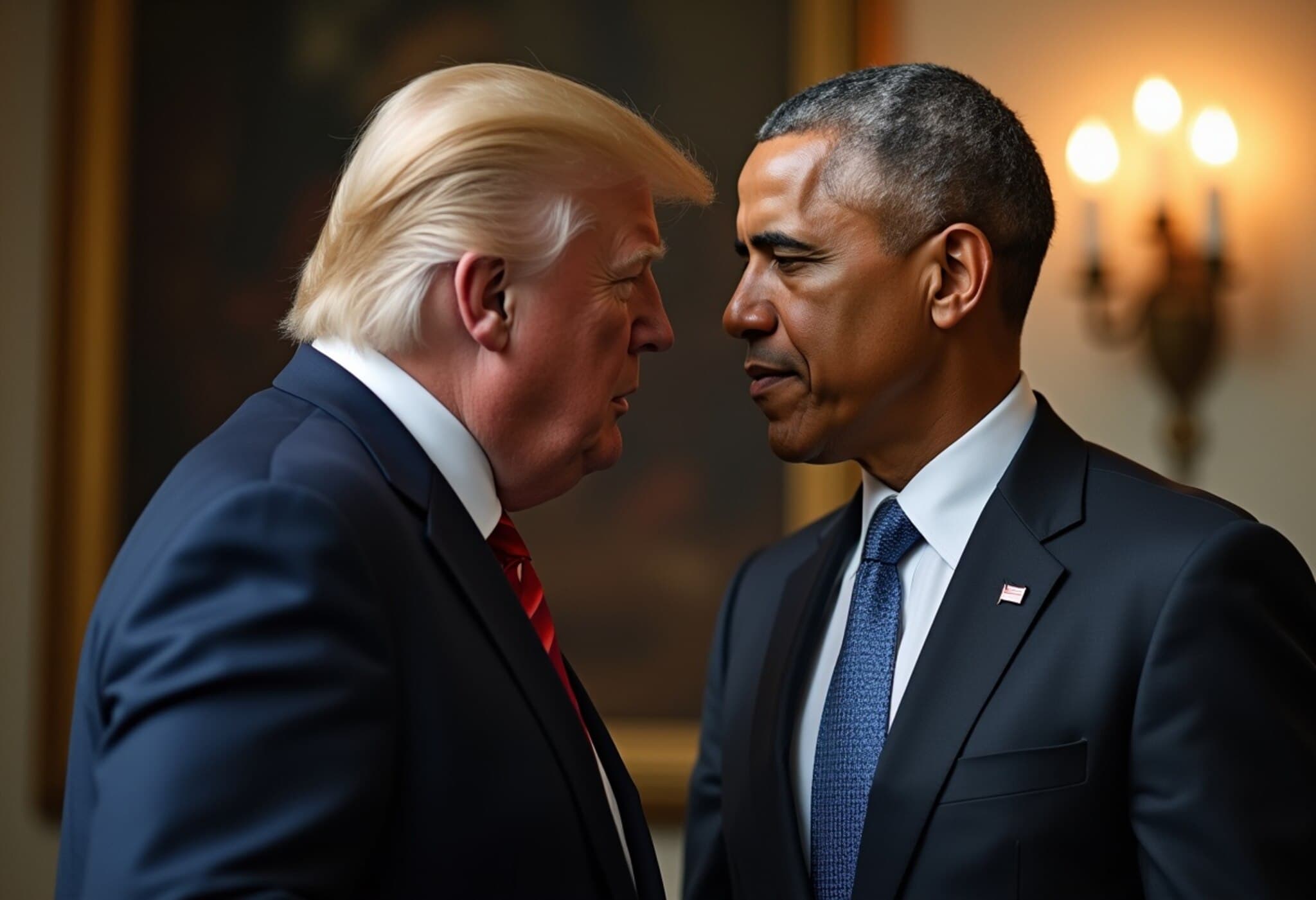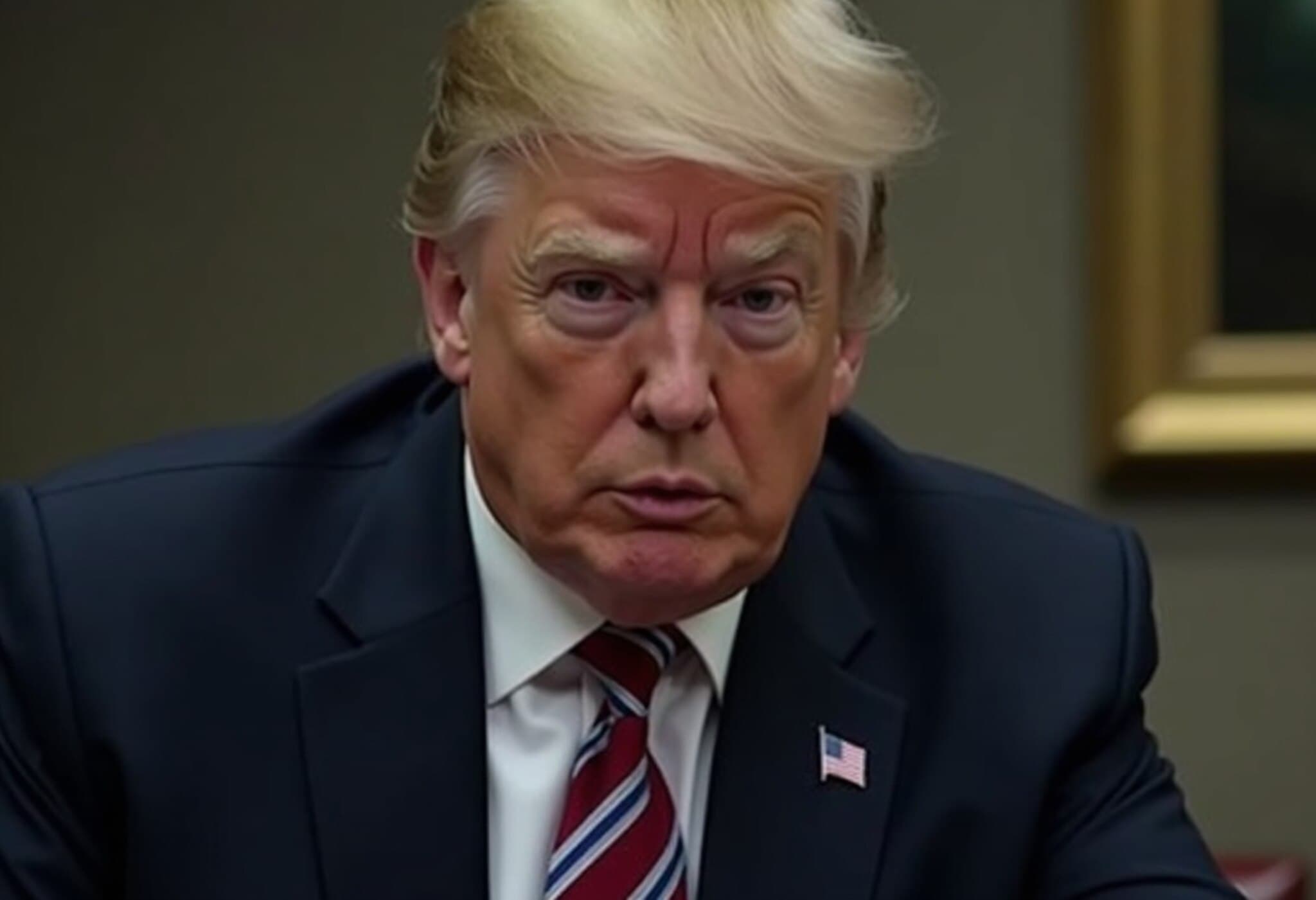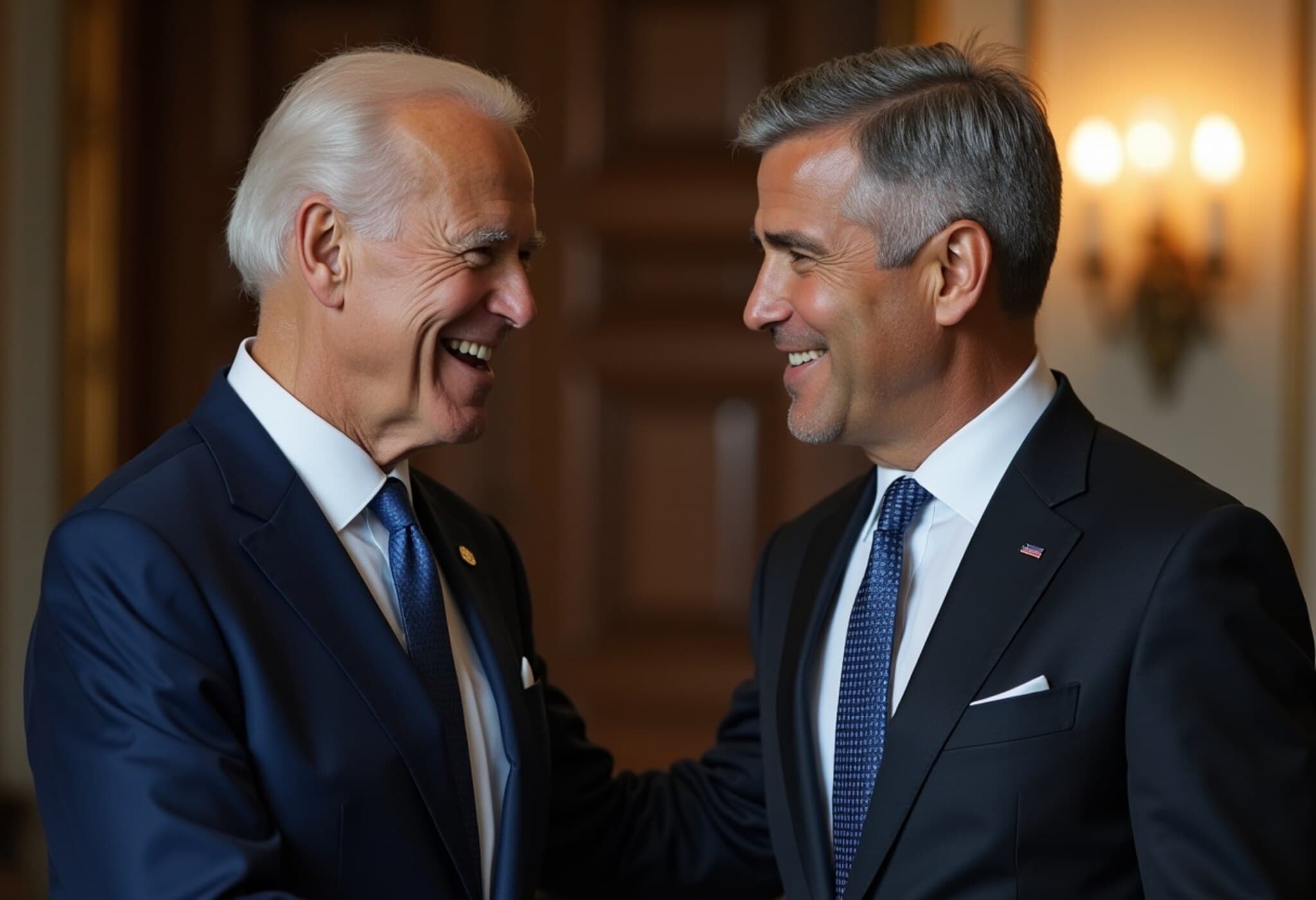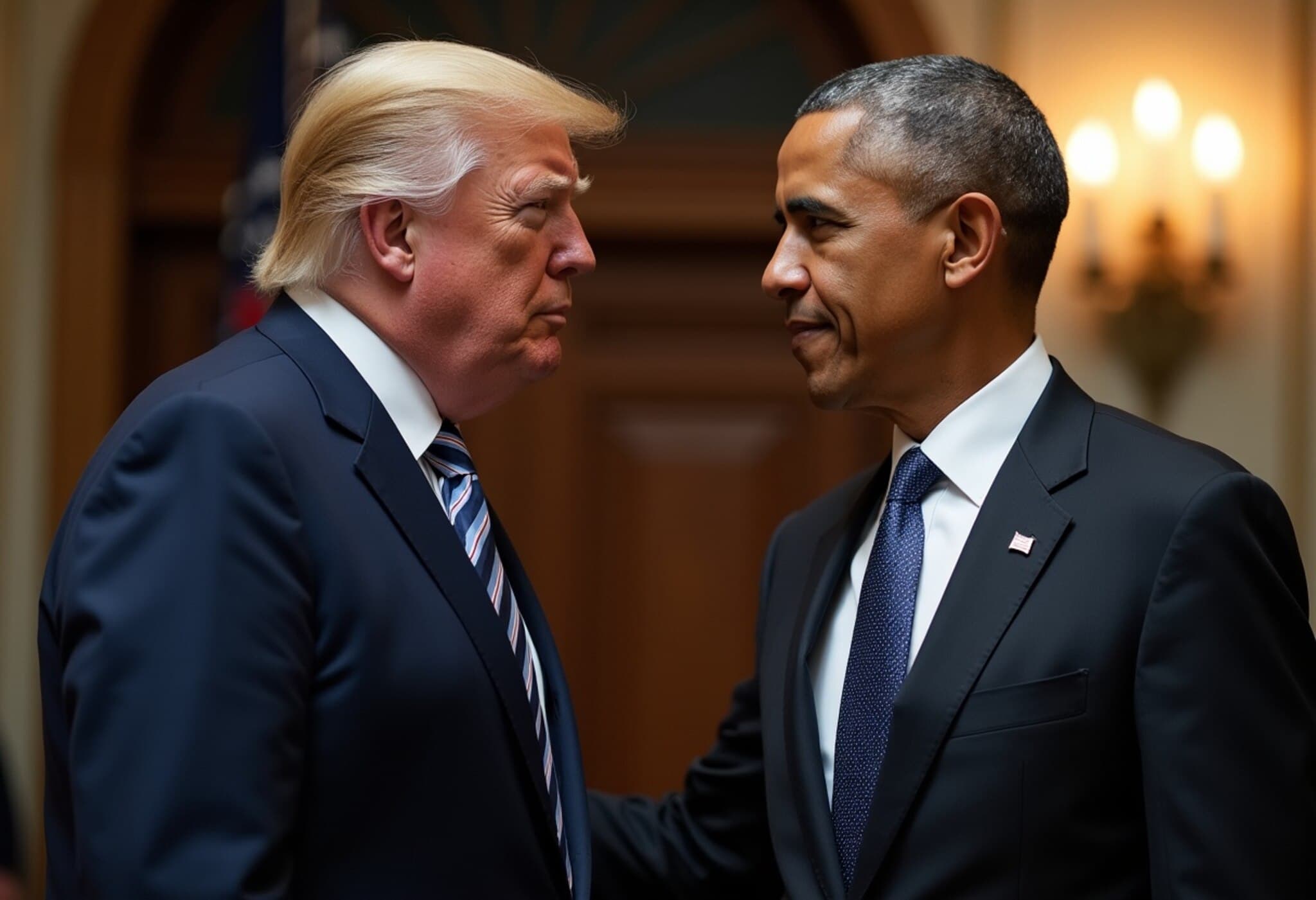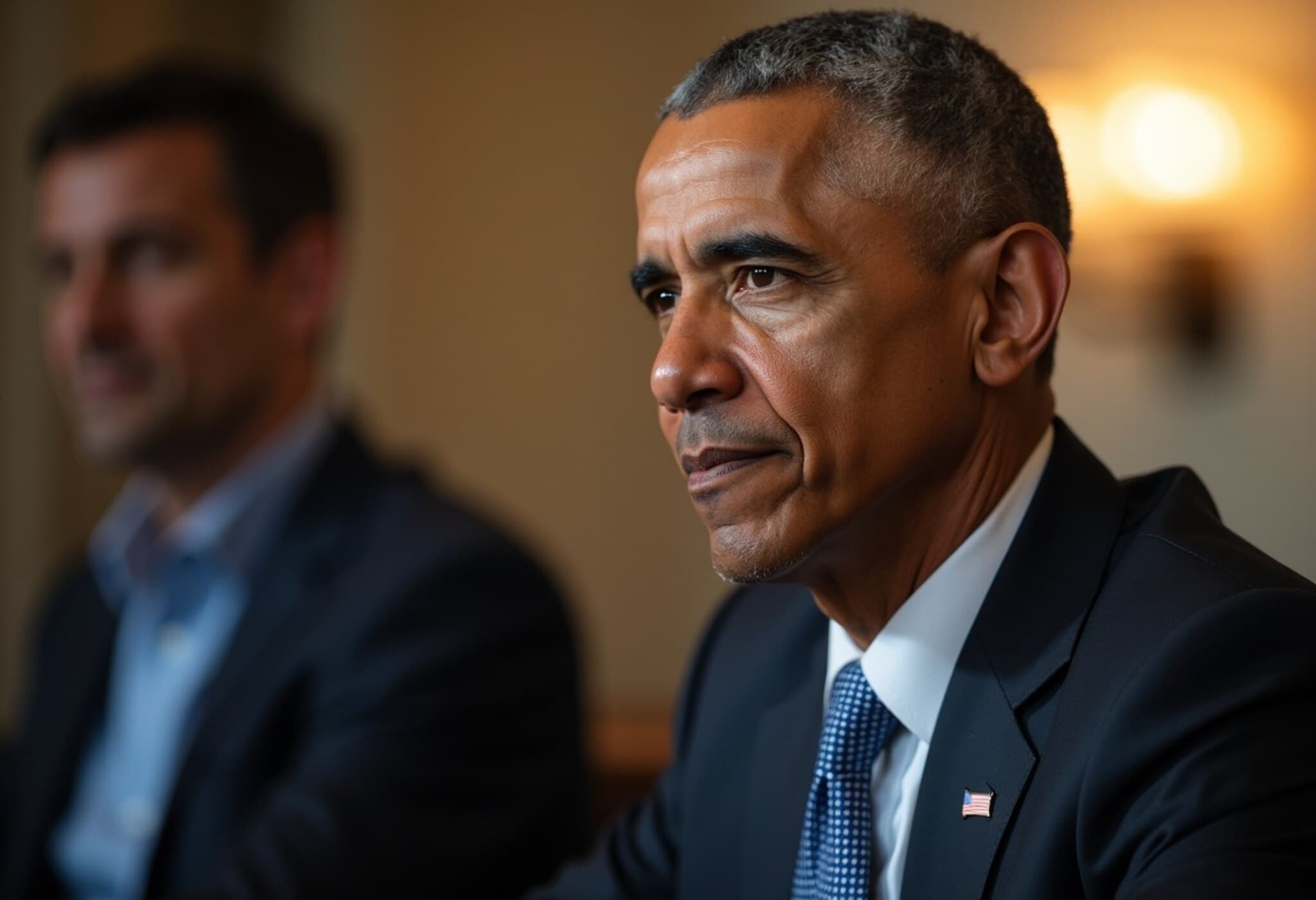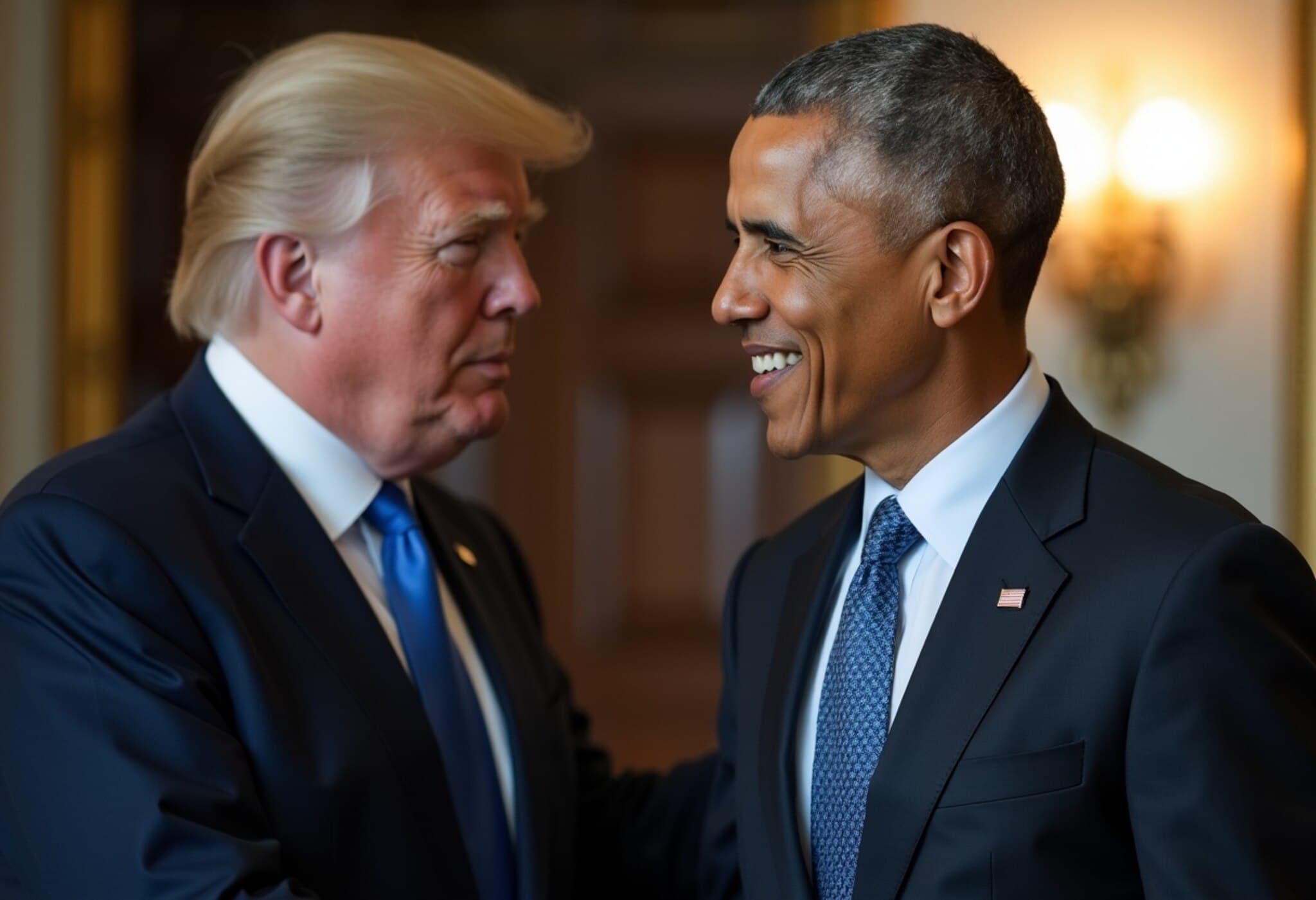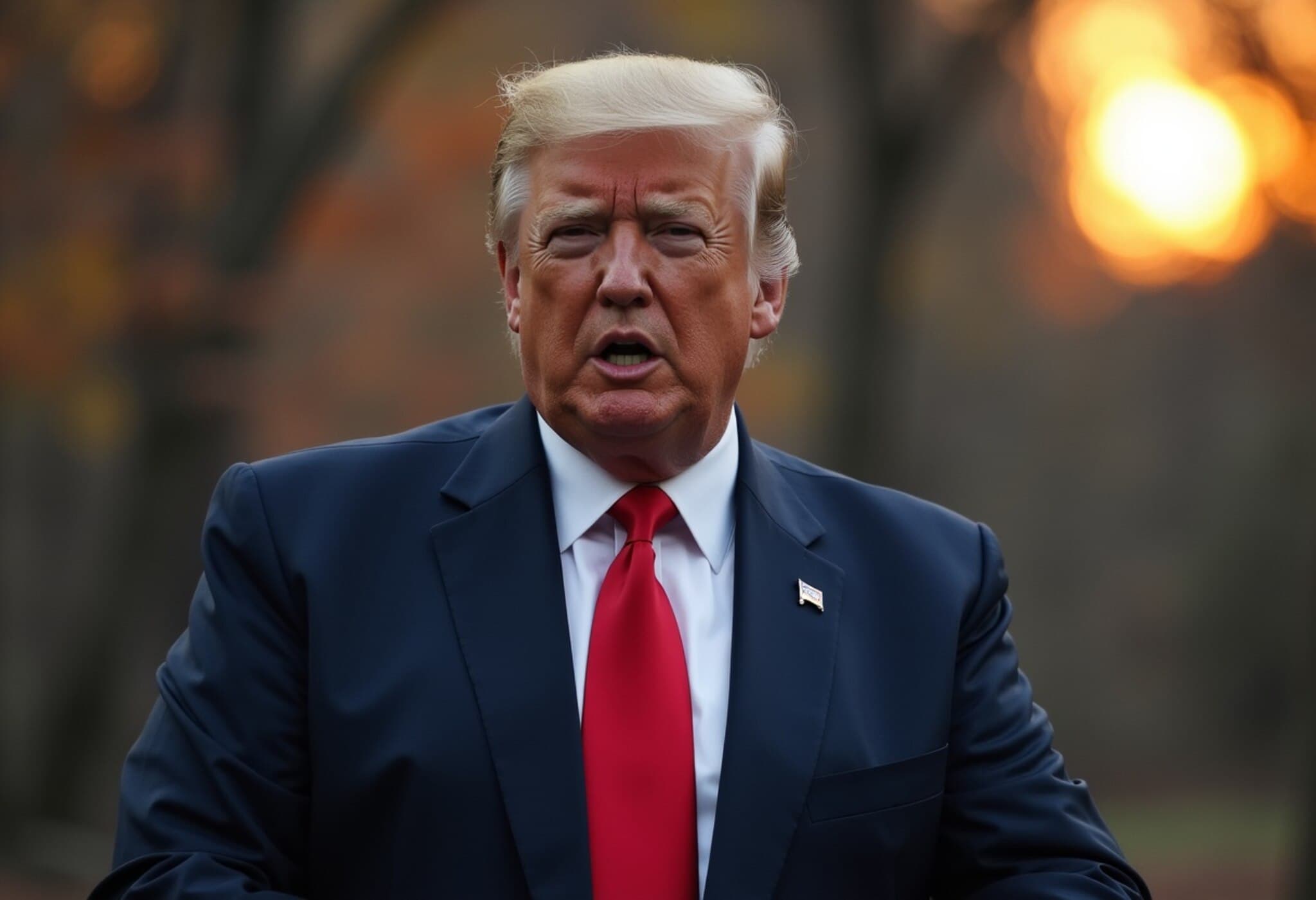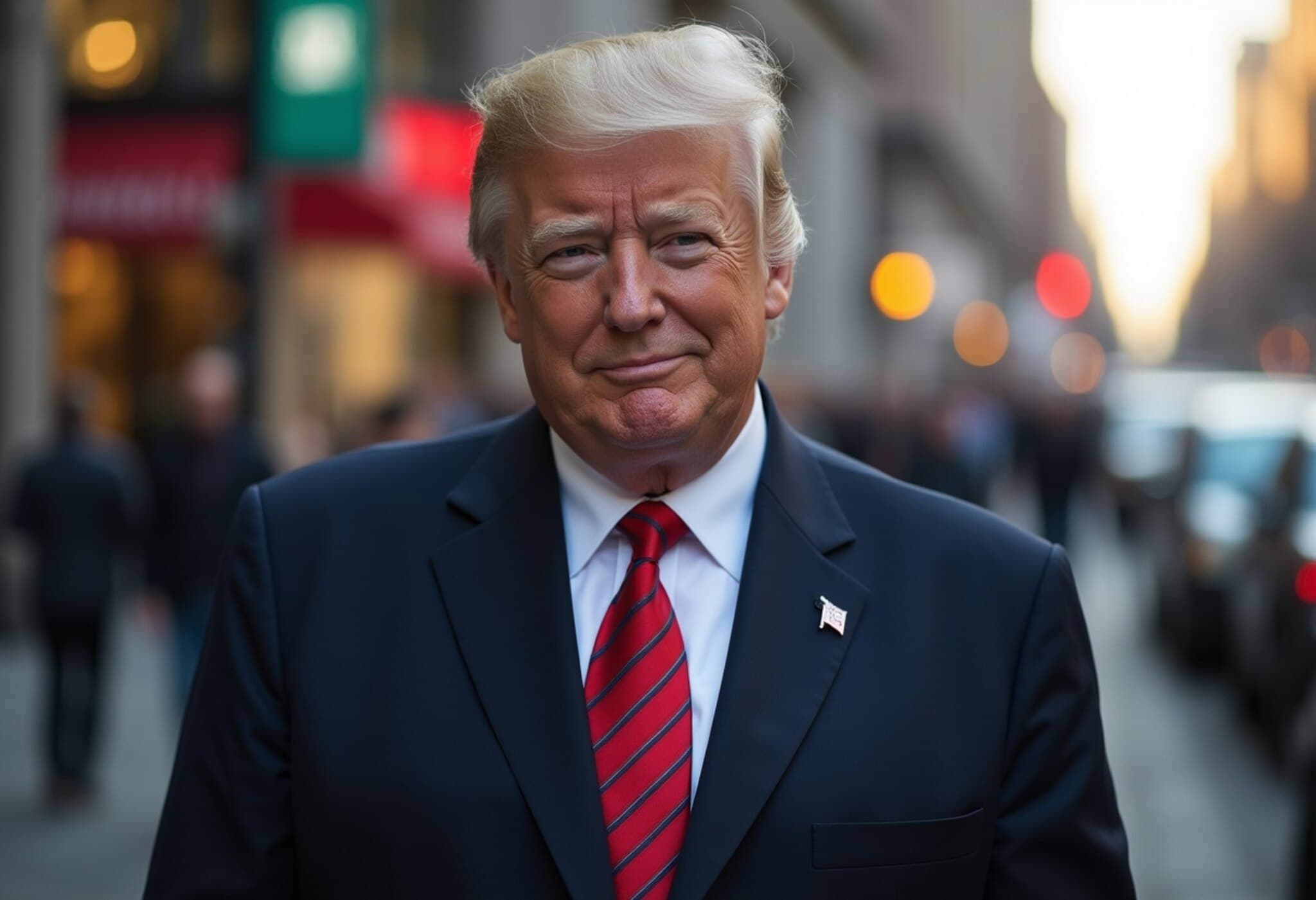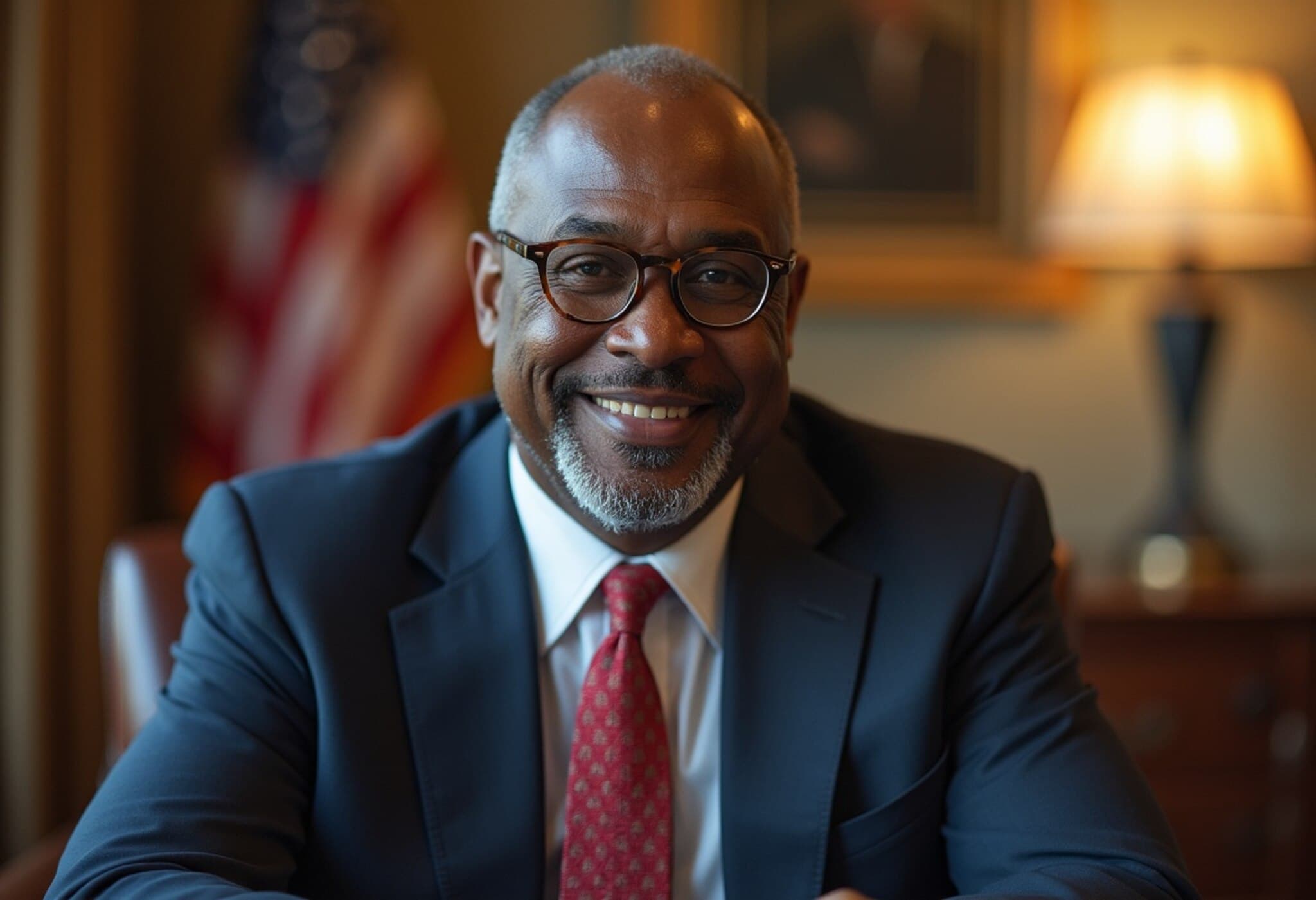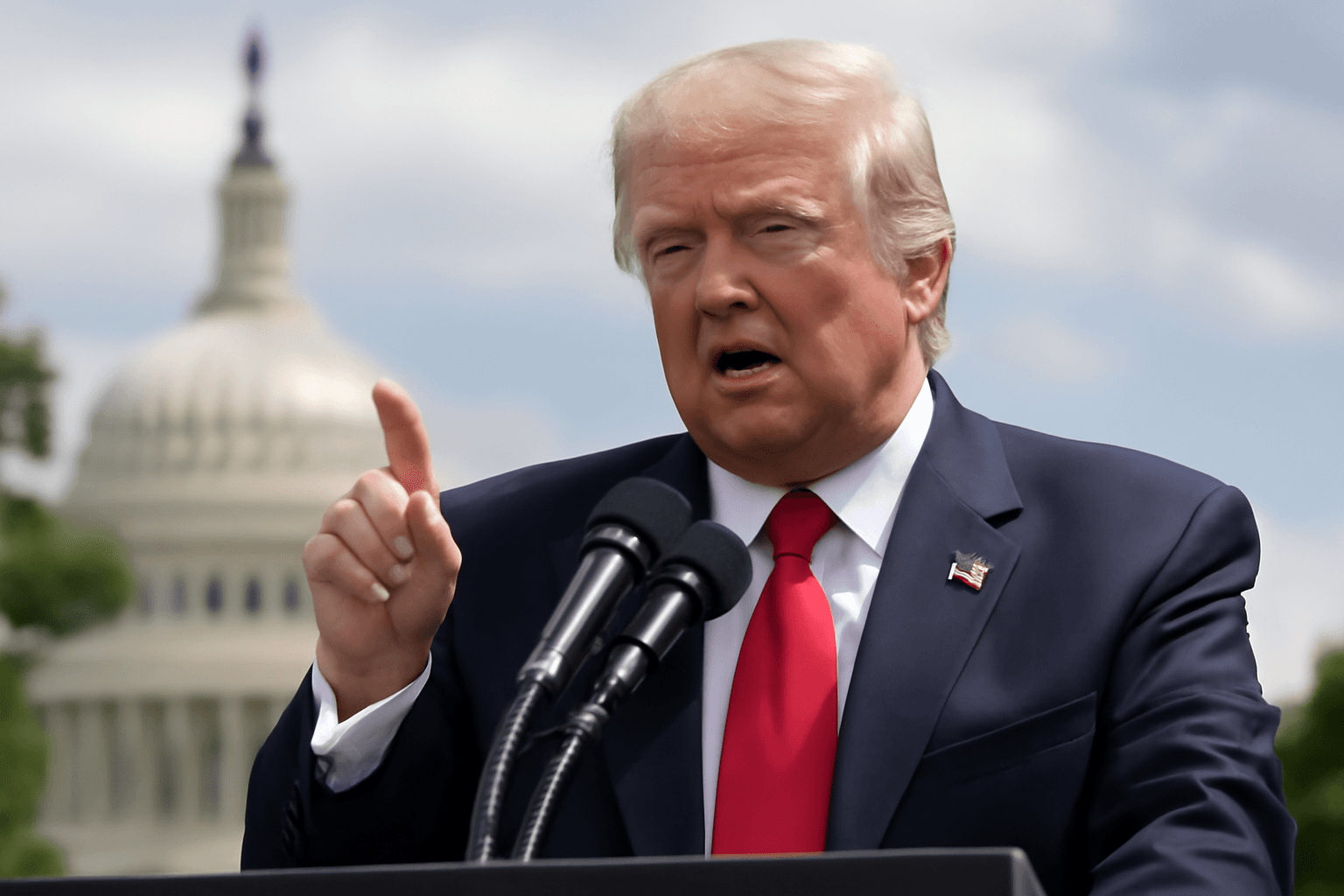Barack Obama Breaks Silence to Denounce Trump’s Treason Claims
In an unusually direct and forceful statement released on July 23, 2025, former President Barack Obama addressed the incendiary accusations made by current President Donald Trump, who recently labeled Obama a traitor. The rare rebuttal underlines the escalating tensions in American political discourse and highlights concerns over the erosion of civil debate at the highest levels of government.
Context: A Growing Climate of Political Hostility
President Trump’s allegation of treason, a grave charge carrying significant historical and legal weight, has stirred shockwaves across the political spectrum. Considering Obama’s choice to publicly respond, this moment reveals how deeply such claims are resonating beyond partisan lines. The former president called the allegations “ridiculous,” emphasizing that they undermine the integrity of democratic institutions.
Understanding Treason: The Weight of the Word
- Legal Definition: Under U.S. law, treason is narrowly defined as levying war against the States or aiding its enemies.
- Political Weaponization: Experts caution that invoking treason outside its strict legal framework erodes public trust and can dangerously polarize society.
- Historical Context: Claims of treason have seldom been wielded in modern politics due to their severity, making Trump’s use notably uncommon and controversial.
Expert Perspectives: The Impact on American Governance
Political analysts warn that such incendiary rhetoric contributes to an increasingly fractious political environment, fostering division rather than dialogue. Lara Mitchell, a professor of political science, noted, “This kind of language risks normalizing extreme accusations, which can diminish respectful discourse and complicate bipartisan cooperation.”
Furthermore, legal experts emphasize that public officials bear responsibility in preserving the dignity of their offices through measured communication. The former president’s measured yet unequivocal rejection of the allegations sends a clear message about upholding truth and civility.
What’s Next? Navigating a Divided Political Landscape
As this exchange unfolds, the broader question remains: how will such confrontations affect the American polity more broadly? With upcoming elections and ongoing policy debates, the temperature of political rhetoric seems poised to stay high. Observers call for renewed commitment to fact-based discussion and caution against tactics that might deepen national divides.
Key Takeaways
- Obama’s statement represents a rare and firm pushback against infamously extreme allegations.
- Treason claims carry immense historical and legal gravity, rarely used outside formal judicial settings.
- Such rhetoric has implications beyond politics—it shapes public trust in institutions and norms.
- Experts advocate for restraint and informed discourse to preserve democratic values.
Editor’s Note
Obama’s rebuttal to President Trump’s treason accusations spotlights an alarming trend in political communication where severe legal terms are employed for partisan attack rather than judicial scrutiny. This raises critical questions about the responsibilities of public figures to maintain factual integrity and the health of democratic dialogue. As polarizing narratives intensify, readers are encouraged to critically evaluate such claims and consider their broader impact on American unity and governance.

